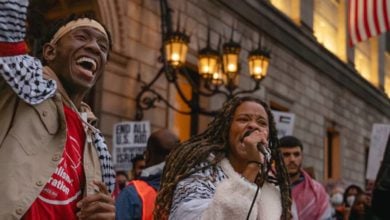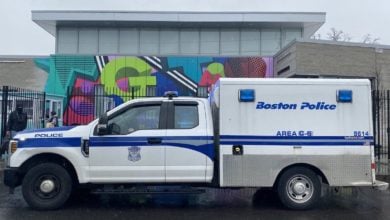The following is based on a speech given by J. Davis at a June 28 Boston Teacher’s Union rally held in Malden, Massachusetts, outside of the Department of Elementary and Secondary Education. The rally was held in response to the ongoing threat of state takeover, known as receivership. J. Davis teaches History and Ethnic Studies at Charlestown High School.
Back in early December, Charlestown High School teachers and staff were informed that a group of parents from the majority white and economically well-off Eliot School in the North End had written a 45 page prospectus to take over our school. They essentially deemed CHS — a school with predominantly working-class students of color — a “failing school,” and claimed to provide solutions that would involve shutting down the school this month and opening up their own Innovation School this fall.
While there were a number of reactions and responses from members of the community, one of the most immediate ones was, “Who are these people?” followed by, “Have they reached out to any of us?”
And the answer is ‘no.’ None of those parents and prospectus writers had spoken with CHS members — well, aside from the principal but that’s a different story. Now I want to focus on this second question because this gets to the heart of the matter I want to address today.
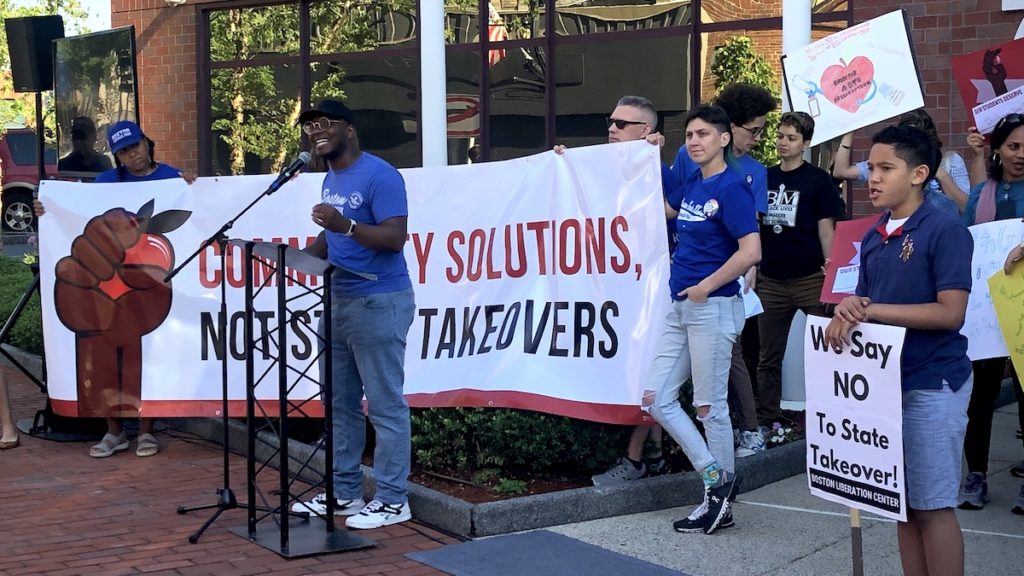
While the prospectus writers did offer some solid proposals, a major issue still remains that their process did not include the community. That’s a big problem. These were (mostly) white people with power and influence who were planning to uproot a whole community of mostly people of color from their school while suggesting they were doing it for the good of the community. But if that were the case, then why not show us respect?
By respect, I mean why not get in touch with any parents, families, students, or staff? Why not take the time to really get to know the CHS community? Find out what works and what doesn’t for us. What traditions we hold. What makes our community tick. What ideas we already have that they could possibly support. What work we’ve already been doing to make our school even better.
I don’t want to mince words here, folks. What was on the table with this plan was a modern day colonial grab. There was a small elite group of people who saw our building as a prized possession and wanted to remove us from it so they could use it to benefit their interests.
But the CHS community united in saying HELL NO to that prospectus! We came together to learn about what was going on and took action through lesson plans taught in classes, multiple community forums, school committee testimony, letter writing, and more. And in the end we defeated the prospectus because when we fight, we win!
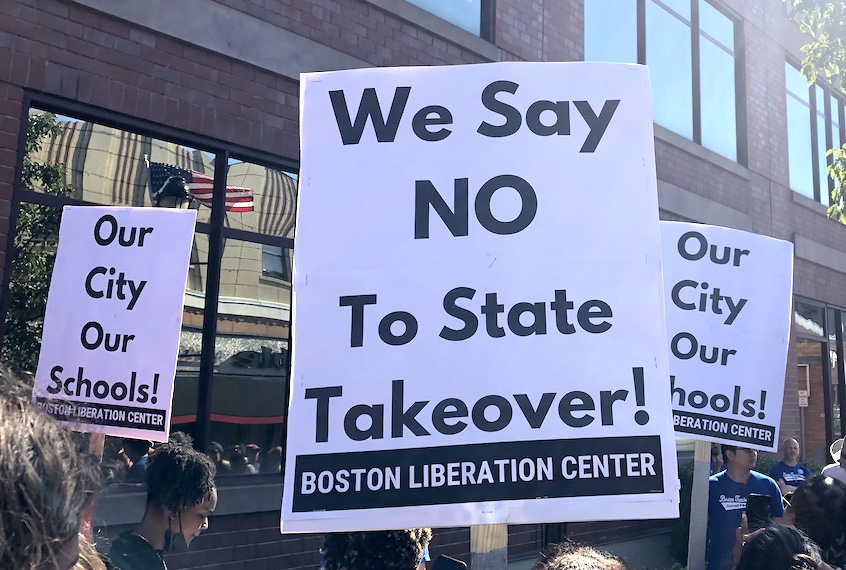
Similarly, we must regard the threat of receivership as a similar modern day colonial grab. A group of white powerful men such as the governor, secretary of education, and education commissioner seeking to take over a school district of predominantly working class people of color. While I believe all parties would agree Boston Public Schools are facing many problems, receivership is not a solution. The districts and schools with majority students of color the state currently has placed under receivership are not succeeding according to the state’s own metrics!
Receivership is not a solution but instead a problem because it erodes the power of the community speaking and making decisions for ourselves. That is not respect. That is by definition undemocratic.
If the receiver has the first, final, and basically only word that counts, is that democracy? No!
If the receiver can override the decisions of the mayor, superintendent, and school committee, is that democracy? No!
If the receiver doesn’t have to answer to any students, parents, or community members who simply express concerns or provide feedback, is that democracy? No!
If the receiver can gut our union’s collective bargaining agreement in any way they deem fit, is that democracy? No!
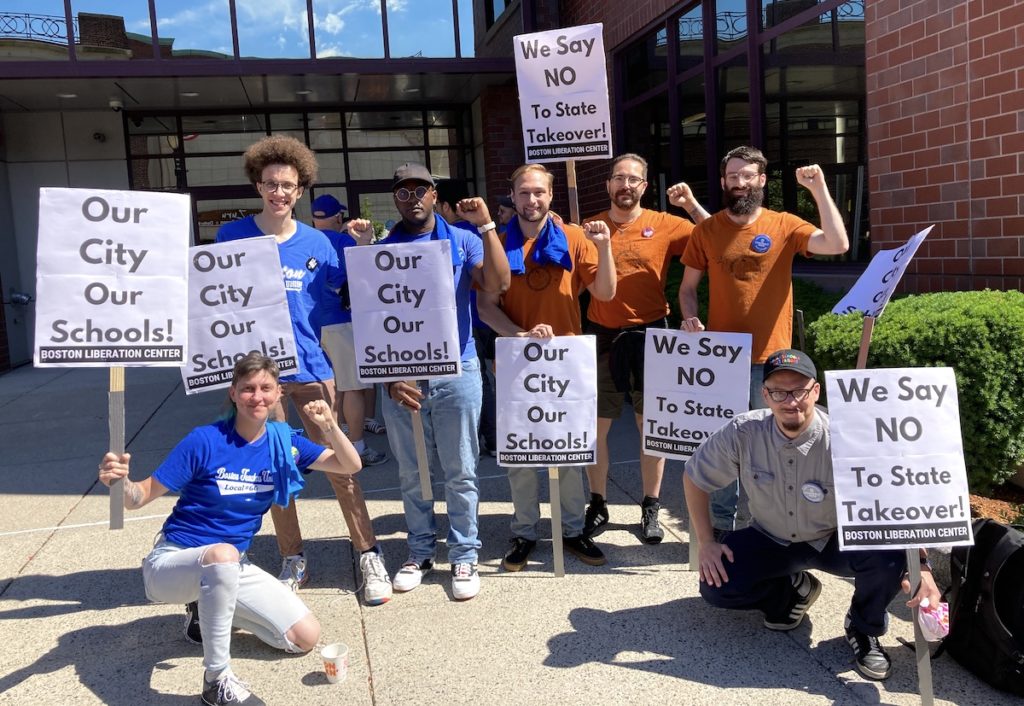
What receivership does is implicitly say communities of color are somehow incapable of providing effective leadership and making decisions that benefit their children and families. Therefore we must be taken over by powerful people who are not a part of our communities. That is not respect. That is racist.
But if that’s racist, then what is anti-racist? If that’s part of the problem, then what’s part of the actual solution? Well that would be the contract the BTU is fighting for. A contract fight that has the ideas, experiences, feedback and support of not just BTU members but students, families, and community allies — because we are putting in the work of making this a truly collective struggle.
As has been said countless times today, we need resources not receivership. We need the district and the city to support our efforts to truly support our students and families material needs which would have a profound positive impact on their academic achievement and whole school experience.
This is what we need. It is long overdue. And it will take the power of the people to fight for it.
And if we fight for it, we can win.



